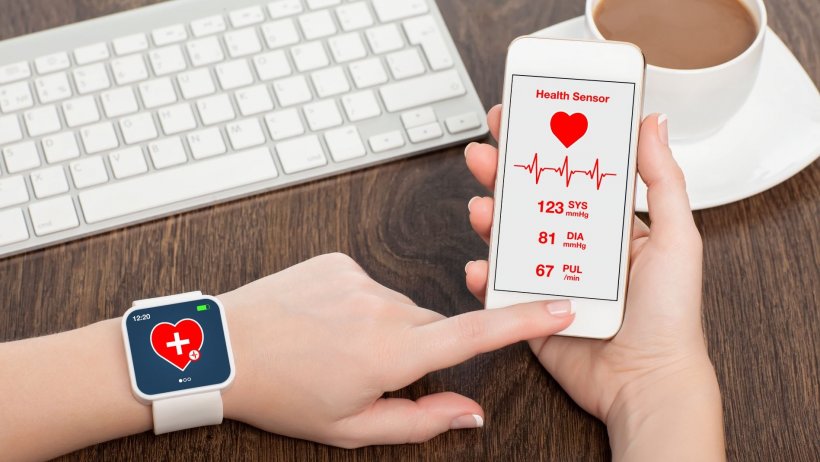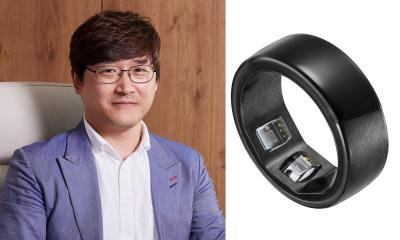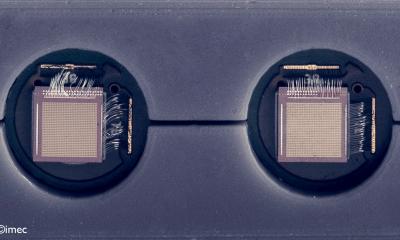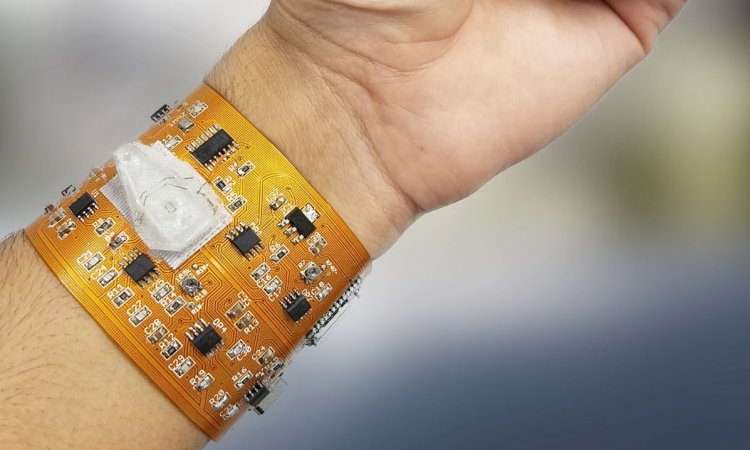
Image source: Shutterstock/Denys Prykhodov
Article • Wearables and apps in cardiology
Digital health: guardian angel or 'Big Brother'?
Cardiologist Professor Martin Cowie raised an important issue during a session to examine the challenges of the Digital Cardiovascular Health Revolution, held at the European Society of Cardiology Congress 2019 in Paris.
Report: Mark Nicholls
In his presentation ‘Future impact of digital health on patients – guardian angel or big brother?’, he confirmed that, within digital health transformation, the role of physician and the patient-doctor relationship will continue. However, this, he said, will change over time and it is crucial for doctors – and cardiologists – to fully engage in discussion to help shape the future of digital healthcare.
GP access 24/7

Cowie pointed to the Babylon Health App, with which NHS patients in the UK can leave their GP surgery and sign up to the app to gain GP access 24/7 – although chronic conditions, mental health and pregnancy are not covered. 35,000 NHS patients have already signed up, he noted.
As Professor of Cardiology at the National Heart and Lung Institute, Imperial College London – and chair of the ESC digital health committee – he said cardiologists will still need to interact with patients to conduct complex procedures. However, he foresaw where much of the preparation – such as the imagery in advance – may be conducted remotely.
He also warned of dangers that technology, while flagging up a potential minor problem, might cause anxiety rather than reassurance in a patient and result in them going to hospital anyway to get checked over. ‘That is a case of technology driving healthcare in the wrong direction,’ he observed. ‘It’s about using it where it can demonstrate value. I do believe we will get there, but it’s not going to be straightforward; we want evidence of the benefits – show us it’s useful and we may adopt it.’ However, he added: ‘Twenty years from now, we will not be talking about digital health, all healthcare will be digitally supported.’
Digital health polarises
It’s not about using more data to make more decisions but about using data to make better decisions
Martin Cowie
Opinions on digital health applications remain polarised among physicians, underlining the need for doctors – and the ESC – to be involved in the discussion. ‘The medical profession has to ensure it is appropriately and strongly involved in the digital health transformation,’ Cowie added. ‘How do we translate data into better outcomes? It’s not about using more data to make more decisions but about using data to make better decisions.’ As to whether digitisation is a guardian angel, or ‘Big Brother’, he suggested this question still has to be answered.
During the ESC session on the Digital Cardiovascular Health Revolution, other topics explored included whether the workforce was ready for such changes made by digital healthcare; its impact on physicians; the value of wearable devices and monitors; and their role in cardiovascular disease prevention and treatment.
Profile:
Martin Cowie is Professor of Cardiology at the National Heart and Lung Institute, Imperial College London and an Honorary Consultant Cardiologist at the Royal Brompton and Harefield NHS Foundation Trust. He is also chair of the ESC digital health committee. His major clinical and research interests are in health technology assessment and the delivery of efficient and effective care for patients with heart failure, with a particular focus on new technologies: diagnostics, drugs or devices.
24.06.2020











